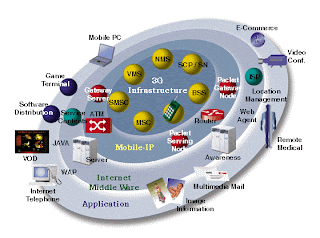The Hawaii-based Pacific Tsunami Warning Center on Sunday canceled its tsunami warning for many countries in the Pacific region.
The center's warning has been lifted in French Polynesia, the Cook Islands, Kiribati, Tonga, American Samoa, Tokelau, Fiji, Hawaii the Marshall Islands, Tuvalu, Vanuatu, New Caledonia, Solomon Islands, Nauru, Papua New Guinea, the Pitcairn Islands, Niue, Guam, the Northern Marianas, Pohnpei, Chuuk and Yap.
The warning, issued after a magnitude 8.8 earthquake struck Chile, sparked evacuations in some countries but many people have now been told they can return home.
French Polynesia appeared to have suffered the worst effects of the tsunami with the Marquesas islands in the north of French Polynesia experiencing waves up to four meters high, Radio New Zealand International reported. There are no reports of casualties or major damage. The measurement for Tahiti is 40 cm.
The center's warning has been lifted in French Polynesia, the Cook Islands, Kiribati, Tonga, American Samoa, Tokelau, Fiji, Hawaii the Marshall Islands, Tuvalu, Vanuatu, New Caledonia, Solomon Islands, Nauru, Papua New Guinea, the Pitcairn Islands, Niue, Guam, the Northern Marianas, Pohnpei, Chuuk and Yap.
The warning, issued after a magnitude 8.8 earthquake struck Chile, sparked evacuations in some countries but many people have now been told they can return home.
French Polynesia appeared to have suffered the worst effects of the tsunami with the Marquesas islands in the north of French Polynesia experiencing waves up to four meters high, Radio New Zealand International reported. There are no reports of casualties or major damage. The measurement for Tahiti is 40 cm.









